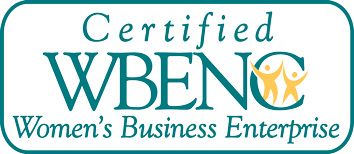“Cleaning Up” Conversations
“I’m sorry if you were offended.” “I was late because of traffic.” “I’m sorry but the client called.” Guess what? None of these statements are actually apologies.
In the workplace, what often passes for an apology is actually admitting you’re responsible for your actions, and then justifying them. You’re saying, “Yes, I did this, but here’s why.” An apology should never include the words “if” or “but.” These qualifying words make an apology meaningless.
According to Aaron Lazare, former dean and professor of psychology at the University of Massachusetts Medical School and author of On Apology, an apology requires acknowledging the offense, explaining your actions, expressing remorse, and making some sort of reparation. “When you apologize you’re affirming that both parties have shared values and agree that the harm committed was wrong,” Lazare says.
For instance, if you asked a coworker to lie to your boss regarding a business conference, your apology might sound like this: ”I’m sorry I asked you to lie to Joe by telling him I was at the conference. I thought it was better to ask you to cover for me than to have a direct conversation with Joe about why I couldn’t be there. I am so sorry I put you in such an uncomfortable position, not to mention being sorry that I compromised your ethics. I am going to have a conversation with Joe to tell him not only why I wasn’t there but also why I strong-armed you into covering for me. After my meeting, I’ll follow up with an email and cc you on it.”
If you find yourself having to apologize a lot, you should probably look very closely at your behavior and your environment.


